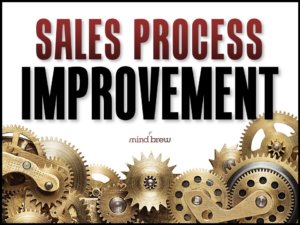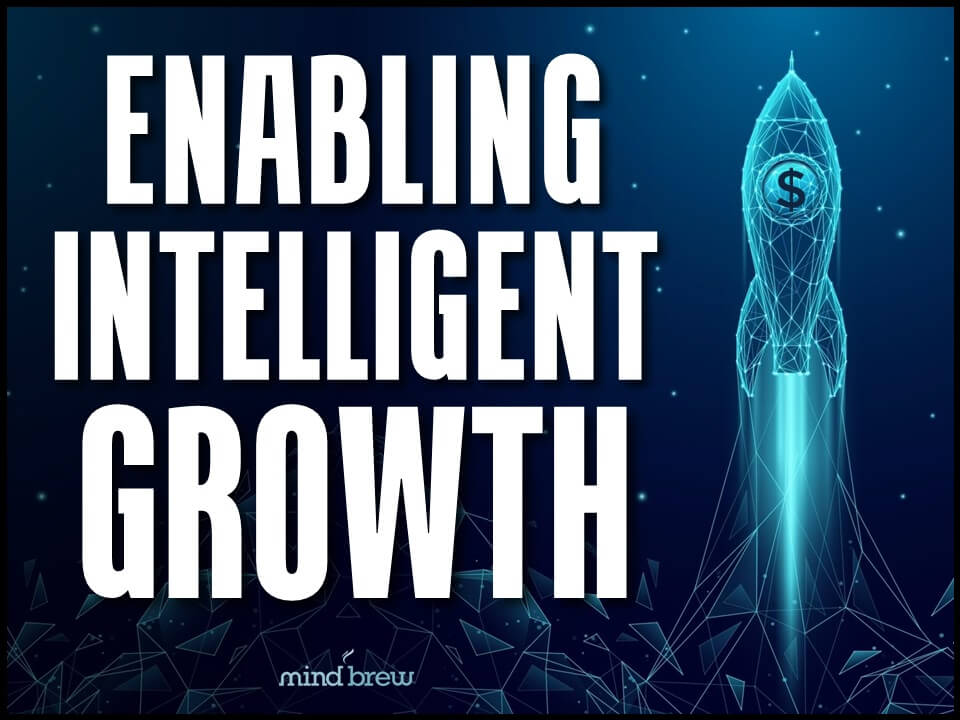Harvard Business School professor John Kotter says, “Leaders establish the vision for the future and set the strategy for getting there.”
And in fact, most executive teams appear to take Kotter’s advice. They have a document or set of statements that they refer to as their “business strategy.”
But when you look a little deeper, those strategies sometimes lack substance.
For example, we’ve seen companies that say their strategy is “be the market leader.” Or “focus on the customer.” Or “quality is job one.” While those might be good goals, they are worthless if they aren’t backed up with a clear roadmap for attaining them. Without specific, actionable steps, these statements are more inspirational than practical.
If you find yourself in this situation, don’t despair. Yes, it would be ideal if your leadership had laid out a clear strategy that you as the sales operations team could support. But even if you don’t know exactly how your executives plan to accomplish their goals, there are still plenty of ways your team can help the business stay on track by improving processes and enhancing efficiency.
4 Key Sales Ops Capabilities
If you don’t have a fully fleshed out business strategy, we recommend that your sales operations team focuses on these four areas:
- Sales Segmentation Models: Segmentation is critical for anyone using data to analyze and improve sales outcomes. Not only that, but a good segmentation model is strategy-agnostic. It provides a clear picture of market dynamics, enabling better decision-making. These models help businesses understand the different segments of their market and how customer needs vary across them. In some cases, a well-constructed model might even help your management craft a more effective strategy. We cover this concept in greater detail in The Fundamentals of Sales Segmentation.
- Data Analysis and Forecasting: A sales operations team cannot succeed without strong analytical capabilities. It starts with gathering data to identify historical trends and patterns. Then, your team can take that data further by predicting future sales outcomes, helping to ensure alignment with larger business goals. If your team’s analytical skills need sharpening, check out The Fundamentals of Effective Sales Analysis.
- Pipeline Optimization: Supporting the sales team effectively means ensuring the pipeline is optimized for efficiency and accuracy. This involves understanding where deals get stuck, identifying bottlenecks, and ensuring the value proposition resonates at each stage of the sales funnel. By refining pipeline processes, your team can help close more deals faster. To learn how to improve pipeline management, check out Building a Better Sales Pipeline.
- Sales Enablement & Training: A sales strategy is only as good as the last mile. If the sales team is outmatched at the negotiation table, it’s all for nothing. Negotiation skills are a critical part of growing sales and maximizing margin, especially if your deals are large or complex. Negotiation training can make a huge difference to the bottom line, and Exposing the Secrets of Sales Negotiation is a great place to start.
No matter what your company’s strategy is today, and no matter how it evolves over time, these four capabilities will support your team in improving performance and driving outcomes. More importantly, they will enable your company to adapt to changing circumstances more quickly and effectively.
For more tips on optimizing your sales operations processes to support business objectives, watch the webinar on Aligning Sales Ops to Business Strategy. Whether your company has a fully developed strategy — or not — this can help ensure that your team is ready for whatever comes next.











